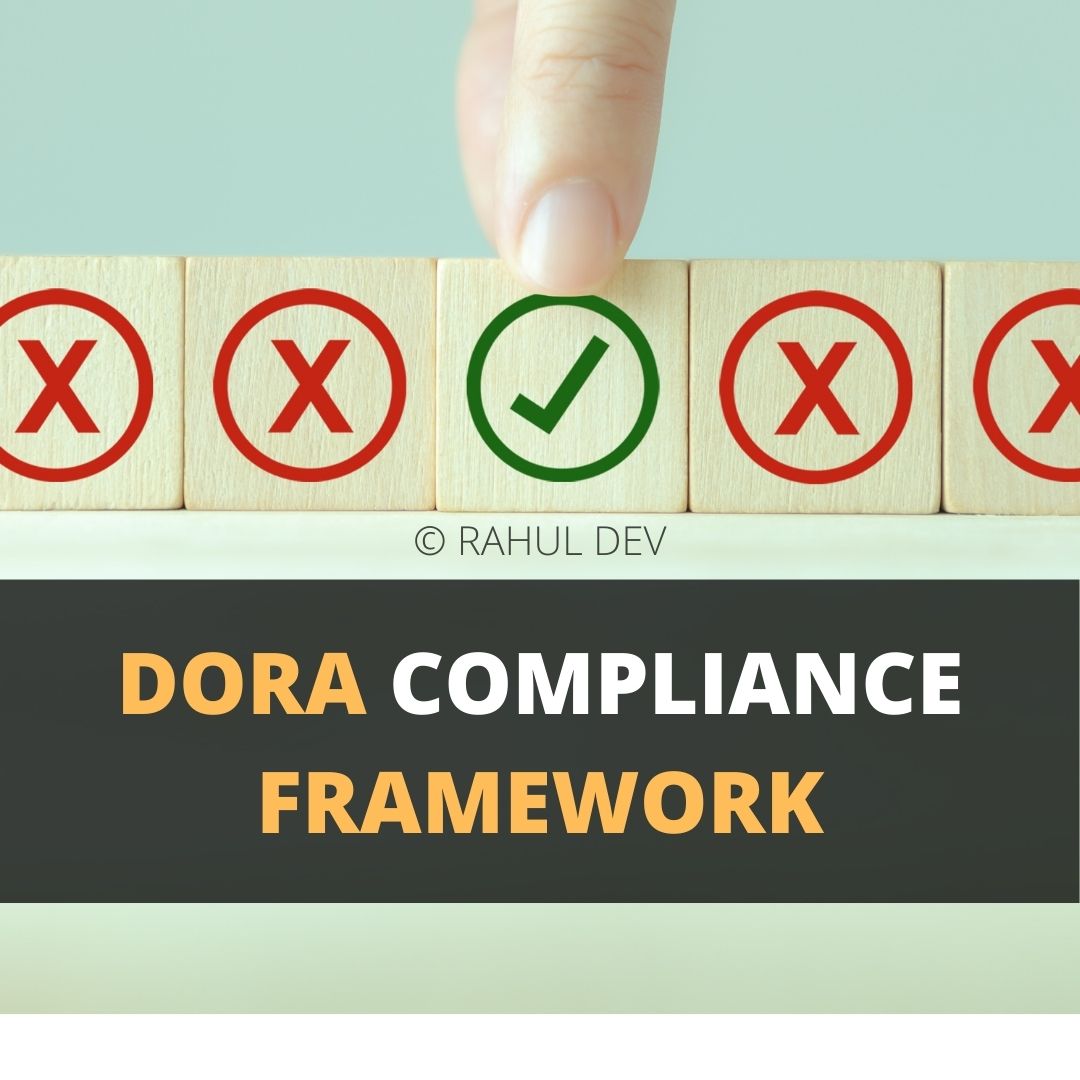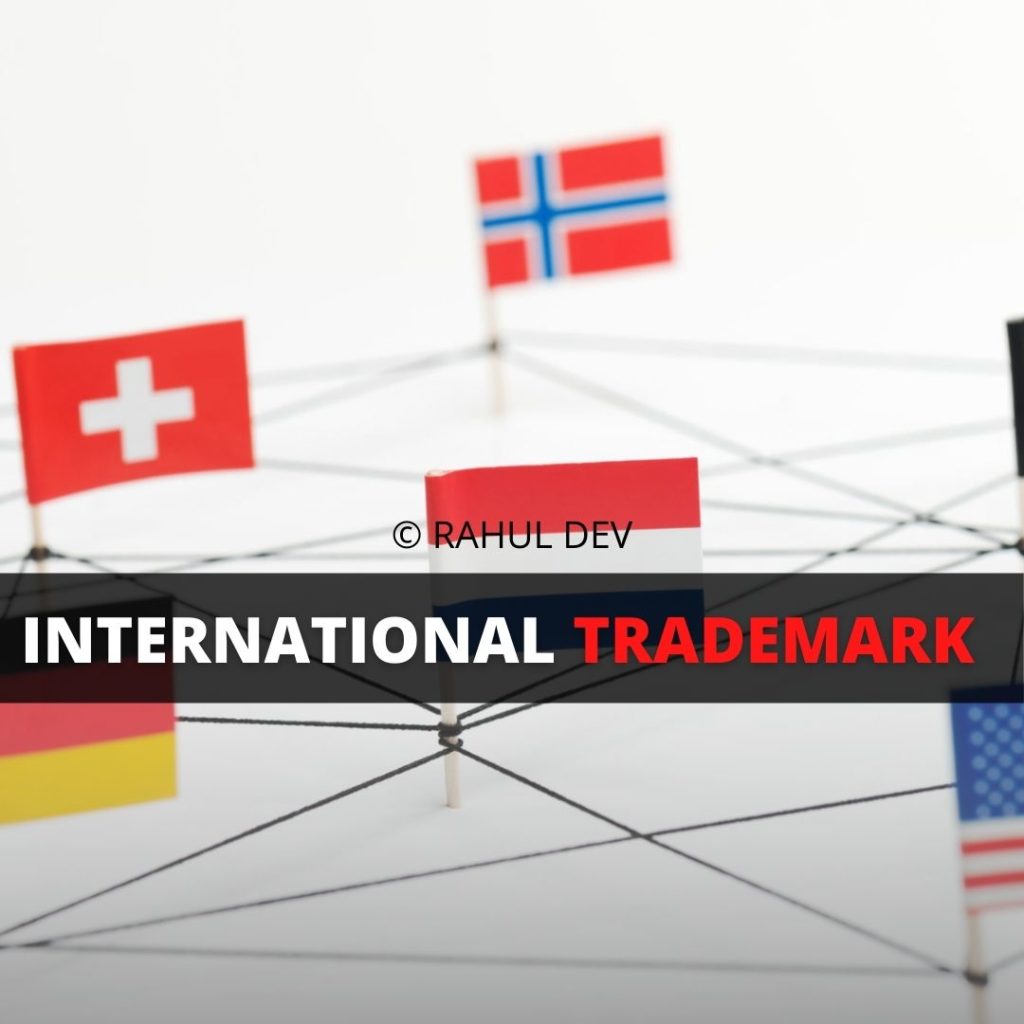

Protect Your Brand Worldwide
trademark rights
Secure your brand name and logo from being copied
International trademarks
Protect your brand in 100+ countries

Secure your brand name and logo from being copied
Protect your brand in 100+ countries
India adopted Madrid Protocol in 2013 The Madrid Protocol is a WIPO administered treaty to simplify the process of filing trademarks across multiple jurisdictions Trademark applications can be filed in India under the Madrid Protocol when India is either the origin country or the designated country If India is the origin country, the Indian Trademarks Registry (TMR) will receive the applications for international registrations of trademark If India is the designated country, the international trademark application is filed with WIPO selecting India as the designated country.

Although, it is not possible to register a particular brand as “International Trademark”, the Madrid Protocol system provides an easy solution to the companies and individuals if the country in which they want to register their trademark has signed up the Madrid Protocol.
India signed up for Madrid Protocol With WIPO in the year 2013. Madrid System, including Madrid Agreement and Protocol relating to Madrid Agreement, is an international treaty to facilitate international registration of trademarks and management of trademark applications worldwide.
It can be used to file and register the trademark in the home country, for example, resident of India will file trademark in India first and subsequently be able to secure wider trademark protection globally. Once the Indian trademark application is filed before the Indian Trademark Office, one can extend the trademark registration in other countries by using a single trademark application. The details of the single trademark application should include desired countries in which you want to seek trademark protection.
Overall costs for filing trademark under Madrid protocol will depend on the applicable official government fees of the designated countries in which you are applying to register your trademark brand, and the number of trademark classes.
The treaties provide an easy and cost effective way of filing international trademarks. Once the trademarks are registered by respective designated offices, the Madrid protocol further provides simple procedures to manage international registrations.
The trademark office that receives application under Madrid protocol is known as office of origin. The trademark applicant can designate one or more trademark offices as contracting party, which is then notified about filing of trademark application under Madrid protocol by WIPO.
Usually, once the international trademark application is filed with designation of countries with the office of origin, the contents of said application are verified by said office of origin. Once done, the application is forwarded to WIPO, which is then published by WIPO and subsequently, WIPO notifies all the designated offices. Thereafter, each designated office examines the trademark application as per respective trademark laws, rules and procedures.
The Indian Trademark Office is authorized to receive an international trademark application under Madrid Protocol. The basic criteria to file Madrid Trademark Application in India requires applicant to be eligible to file said trademark application, which essentially requires the applicant to be an Indian national or having a place of business in India.
In addition, the Indian trademark office requires an existing trademark application, known as the basic application, and designation of one or more countries wherein international trademark protection is required.
The Indian Trademark Office requires an international trademark application under Madrid Protocol to be accompanied by an application form, power of attorney, payment of handling fee, and payment of international designation fee (in Swiss Francs) payable to WIPO.
During the process of receiving an application for international trademark registration under Madrid System, the office of origin plays an important role. After receiving the application, the office of origin verifies the contents, certifies the application and forwards it to WIPO for publication and notification to designated offices. Subsequently, the office of origin receives details of irregularities in the application, if any, and further communicates with WIPO regarding status of basic trademark application.
The Indian Trademark Office examines every international trademark registration designating India received from the International Bureau of WIPO. An International Registration Designating India (IRDI) number is allotted by the Trade Marks Registry to every International Registration in which India has been designated. The trademark examiner examines the Brand trademark on the ground of non-distinctiveness and similarities to registered trademarks and pending trademarks before the Indian Trademark Registry.
While examining the trademark application, if there is any objection for protection of such trademark registration in India, a provisional refusal is notified to the International Bureau of WIPO within 18 months from the date the international registration was notified to India.
The objection is raised under S 9(1) (a) of the Trade Marks Act 1999, as the mark is non-distinctive and as such it is not capable of distinguishing the services of one person from those of others.
The objection is raised under S 11 (1) of the Trade Marks Act, 1999, as the mark is identical with or similar to earlier marks in respect of identical or similar description of services and because of such identity or similarity there exists a likelihood of confusion on the part of the public.
The provisional refusal includes an Examination Report containing objections. The International Bureau records the provisional refusal in the international register and provides the details of such provisional refusal to the trademark applicant of the international registration. The provisional refusal is recorded in the International Register, together with an indication of the date on which the notification was sent. The provisional refusal is also published in the WIPO Gazette, with an indication as to whether the refusal is total (i.e. relates to all the goods and services covered by the designation) or partial (i.e., relates to only some of those goods and and services covered)
Apple Podcasts | Google Podcasts | Spotify | Others
The trademark applicant can respond to the provisional refusal by engaging a trademark agent or an Indian trademark attorney having address in India by executing a Power of Attorney in the favour of the agent/attorney.
The normal deadline to respond to trademark objections raised by the Indian Trademark Office is 1 month from the date of receipt of the provisional refusal notification by the trademark applicant. Technically, once the trademark applicant receives the provisional refusal notification from the International Bureau of WIPO the last date to respond to provisional refusal can be calculated.
Note: If you have opted to receive notifications from the International Bureau of WIPO by paper mail, it is advisable to retain the postal receipt. So, if there is a delay by the post the date of receipt of the provisional refusal from WIPO, the postal receipt will act as documentary evidence.
The Indian trademark attorney can file an application for extension of time and the same is at the discretion of the trademark office. The Trade Marks Registry (TMR) office of India then considers the response of the trademark applicant of the international registration and may either confirm the refusal or move for advertisement of the international registration in the Trade Marks Journal.
Any amendments in goods/services in respect of the Indian trademark application needs to be made only at the International Bureau of WIPO and the same needs to be notified to the Indian Trademark Office by the International Bureau of WIPO.
Our team of advanced patent attorneys assists clients with patent searches, drafting patent applications, and patent (intellectual property) agreements, including licensing and non-disclosure agreements.
Advocate Rahul Dev is a Patent Attorney & International Business Lawyer practicing Technology, Intellectual Property & Corporate Laws. He is reachable at rd (at) patentbusinesslawyer (dot) com & @rdpatentlawyer on Twitter.
Quoted in and contributed to 50+ national & international publications (Bloomberg, FirstPost, SwissInfo, Outlook Money, Yahoo News, Times of India, Economic Times, Business Standard, Quartz, Global Legal Post, International Bar Association, LawAsia, BioSpectrum Asia, Digital News Asia, e27, Leaders Speak, Entrepreneur India, VCCircle, AutoTech).
Regularly invited to speak at international & national platforms (conferences, TV channels, seminars, corporate trainings, government workshops) on technology, patents, business strategy, legal developments, leadership & management.
Working closely with patent attorneys along with international law firms with significant experience with lawyers in Asia Pacific providing services to clients in US and Europe. Flagship services include international patent and trademark filings, patent services in India and global patent consulting services.
Global Blockchain Lawyers (www.GlobalBlockchainLawyers.com) is a digital platform to discuss legal issues, latest technology and legal developments, and applicable laws in the dynamic field of Digital Currency, Blockchain, Bitcoin, Cryptocurrency and raising capital through the sale of tokens or coins (ICO or Initial Coin Offerings).
Blockchain ecosystem in India is evolving at a rapid pace and a proactive legal approach is required by blockchain lawyers in India to understand the complex nature of applicable laws and regulations.
Read About Patent FIling Guide



